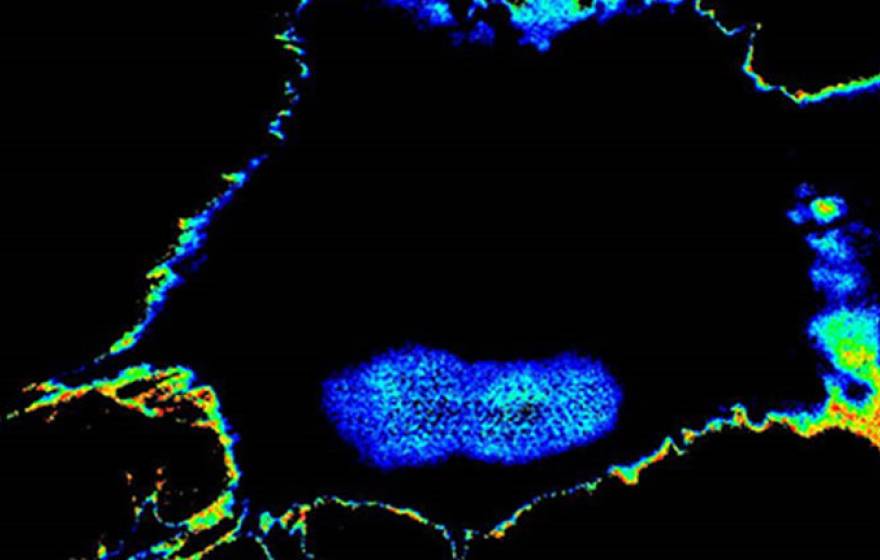Scientists are learning how our guts connect to our brains.
Artificial intelligence can detect Alzheimer’s disease in brain scans 6 years before a diagnosis
A machine-learning algorithm diagnosed early-stage Alzheimer’s disease using a common PET scan.
Graduate student’s steerable brain device wins big at inventors competition
Gopesh Tilvawala is developing a first-of-its-kind catheter to navigate tiny arteries in the brain.
Bulldogs’ screw tails linked to human genetic disease
Scientists find the genetic basis for these dogs’ appearance, and link it to a rare inherited syndrome in humans.
The mystery of the super-ager
Researchers are trying to figure out the secret to some elderly people's success.
UC’s most buzzworthy research of 2018
A looming beer shortage, the gender paradox and consumer products dominated the conversation this year.
The buzz about a malaria prevention drug
Half a million tests and many mosquitoes later, reserarchers are zeroing in on compounds that could prevent the disease.
Depression, anxiety may take same toll on health as smoking and obesity
Arthritis, heart disease, stroke — but not cancer — are strongly swayed by psychological status, study finds.
Sex chromosomes hold the secret to female longevity
Two X’s and ovaries extend life and protect mice from aging.
How to support a friend facing a medical crisis
Cynthia Perlis shares her most important takeaways from 30 years of listening to cancer patients at UCSF.
What’s so controversial about the first gene-edited babies? Experts explain
Researcher He Jiankui’s announcement of the first babies with DNA edited as embryos causes concern.
Detecting cancer's ability to spread
New sensors detect and measure single cancer cells' potential to metastasize, the leading cause of cancer deaths.











